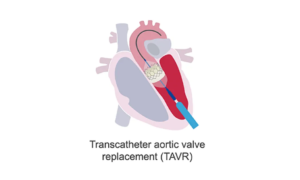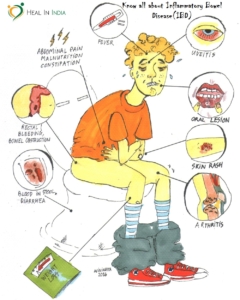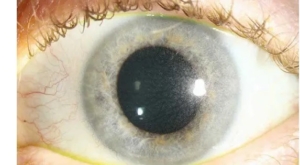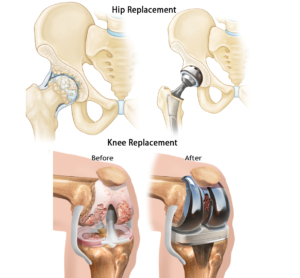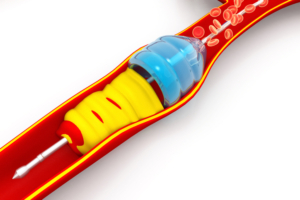Breast Cancer: The importance of screening
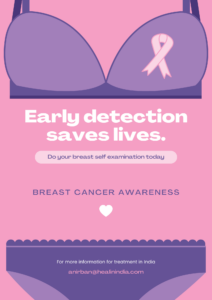
Is Breast Cancer preventable?
Sadly we don’t have any vaccine yet, and it’s not preventable. But with some measures, we can definitely catch the disease early, which is the key to a good outcome. However, it is important to know the risk factors. Apart from family history, your personal life choices like late or no pregnancy, not breastfeeding, smoking and drinking (alcohol) habits, obesity and sedentary lifestyle, early onset of periods and late menopause may play a role.
What can I do to protect myself?
If you have a family history of breast cancer, it is advisable to consult a specialist to understand the precautions you may need to take. It is advisable for all women beyond 30 to undergo regular screening. Breast self-explanatory is the first step. Look for any changes or abnormalities like lump, swelling, nipple discharge or puckering and talk to your Doctor.
How is breast screening done?
Screening means checking for lumps in your breast before they appear. breast screening involves getting a mammogram (X-ray of breast) for women above 40 years or an ultrasound breast for younger women.
What is the prognosis for breast cancer?
As compared to other cancers, breast cancer has a better prognosis if detected early. Early detection is the key. Chances of survival and cure greatly increase with timely diagnosis. Treatment would depend on the stage and type of cancer. Nowadays advanced treatment techniques ensure a better prognosis and much reduce chance of recurrence.


